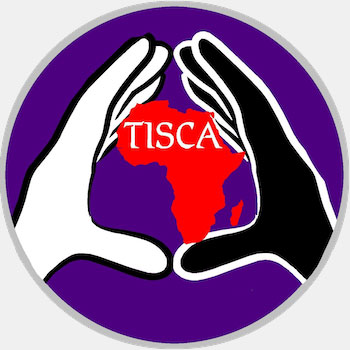We use cookies on this site to enhance your experience.
By selecting “Accept” and continuing to use this website, you consent to the use of cookies.

Dec. 3, 2016
By: Jeff Grischow
In December 2016 I returned from the annual conference of the African Studies Association (ASA) of the United States in Washington, DC. Just before leaving I attended a session entitled “Trump and Africa” organized by a group called Critical Investigations into Humanitarianism in Africa (CIHA). It was interesting (to say the least) and raised some important issues. Presented as an open discussion, the session focused on a few big themes including military intervention, human rights, NGOs and humanitarianism (with HIV/AIDs a main topic of discussion), authoritarianism and climate change. The presenters began by summarizing their views on the election results, going as far as declaring that fascism has come to the U.S. and that perhaps we’ve entered an era in which African countries should send democracy monitoring groups to the States rather than vice versa. That certainly set the tone! You can read the full statement.
The comments that followed from the audience were interesting and I present some highlight here in the hopes of stimulating a larger discussion. Trying to find a positive spin, one commentator said that perhaps Trump’s incoherence and isolationism might lead to a hands-off approach to Africa that could be good for the continent. Another wondered whether Trump really will be much different than the Presidents Bush and Obama, who have pursued military policies in Africa that – according to the commentator – can’t exactly be called ‘humanitarian.’
Most other comments, however, were less enthusiastic. Many of the attendees worried about the prospect of support for authoritarian states, and reduced funding for research in Africa, and especially the implications of the American election for HIV/AIDs initiatives in African countries. On the topic of authoritarianism, an ASA representative reported that one Ambassador from a non-democratic African state seemed very happy about the Trump victory, and even passed out pamphlets inviting Americans to visit because his country was stable and open for business. On HIV/AIDs, many worried that American policies towards reproductive right associated with Trump might affect funding for HIV/AIDs research and programs. To me, this concern seemed the most well founded.
One particularly interesting exchange involved a conversation about other non-democracies and their relationships with Africa. One of the audience members wondered aloud if Trump might establish the USA as ‘another China’ in Africa. The session organizers replied by defending Chinese (and Cuban) policies in Africa by pointing to their ideological legacies of anti-colonialism and African liberation. Trump in their view threatens to bring a non-democratic agenda to Africa without – in the opinion of the organizers – the positive ideological foundation of China and Cuba. I’ll leave it to the readers of this blog to sort out how they feel about that idea.
Perhaps the best idea to emerge out of the session was a call or scholars and activists to lobby the U.S. government and advocate for positive African policies that will benefit the recipients. This apparently is starting to happen already, and it will be interesting to see the result.
For more reactions to the election, please consult this area of the CIHA’s blog.
Whatever happens, 2017 promised to bring an important (and probably unpredictable) new phase of U.S.-Africa relations.